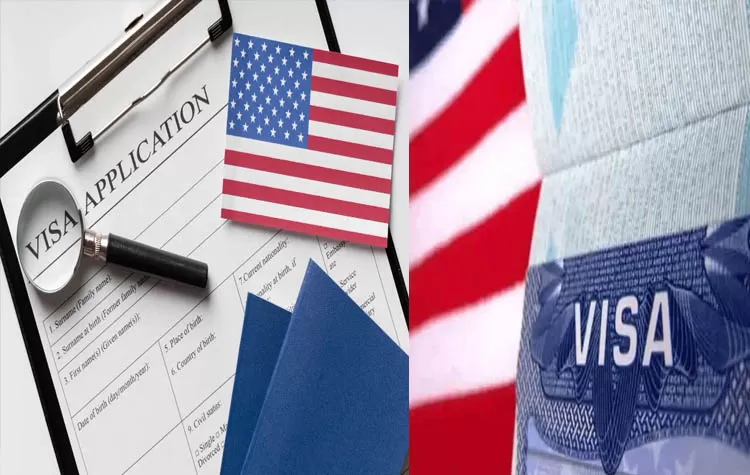A newly issued U.S. directive could make it significantly harder for foreigners to obtain visas, particularly those living with chronic medical conditions or who may lack the financial means to support themselves.
The guidance, circulated to embassies consulates worldwide, instructs officials to evaluate whether applicants’ health issues—such as obesity, diabetes, cancer, heart disease, and other long-term illnesses—could make them likely to become a public charge, a designation for non-citizens who may depend on government assistance.
The directive also emphasizes financial scrutiny. Visa officers are encouraged to examine bank statements, retirement accounts, trust funds, and other assets to ensure applicants can cover potential medical costs without relying on U.S. public support programs. Even family circumstances are under review: the health and financial needs of children, elderly parents, or other dependents may influence visa decisions if their care could place additional burdens on the applicant.
Obesity has been highlighted in the guidance as a specific factor in assessing long-term risk. The memorandum notes that obesity may contribute to conditions such as high blood pressure, sleep apnea, and asthma—ailments that could require expensive or ongoing medical treatment. Experts argue that considering weight as a factor in visa approval represents a dramatic expansion of the types of personal information U.S. officials are now expected to assess.
Also Read : Trump Threatens $5 Billion Lawsuit Over BBC Editing
Immigration attorneys caution that predicting future medical needs is not straightforward. “Consular officers are not medical professionals,” one attorney noted, “yet they are being asked to determine the potential costs of chronic illnesses over decades. It’s an imprecise science, and that raises questions about fairness and consistency.” Critics also point out that the new policy could disproportionately affect older applicants, those from lower-income countries, and individuals who do not have clear or documented financial resources.
The policy is part of a broader emphasis on strict enforcement of the public charge concept in U.S. immigration law. Historically, the public charge test has been used to determine whether immigrants are likely to become financially dependent on public benefits. Under this guidance, however, the assessment is more expansive, factoring in potential future medical and caregiving needs alongside current financial status.
Supporters of the directive argue that it is a reasonable step to protect taxpayers and ensure that immigrants are financially self-sufficient. “This is about ensuring people entering the country can support themselves and will not place undue strain on public programs,” a spokesperson from the administration said.
Nonetheless, civil society groups and immigration advocates warn that the guidance could be seen as punitive and discriminatory, potentially discouraging skilled immigrants or those seeking family reunification. They argue that it shifts the evaluation of visa applicants from qualifications and intent to speculative assessments of future health risks and financial stability.
For those seeking entry to the United States, the message is clear: health and financial independence are no longer secondary concerns—they are central to the decision-making process. Whether this approach will withstand legal scrutiny or spark widespread criticism remains to be seen, but it marks a significant change in how the U.S. assesses potential immigrants.







